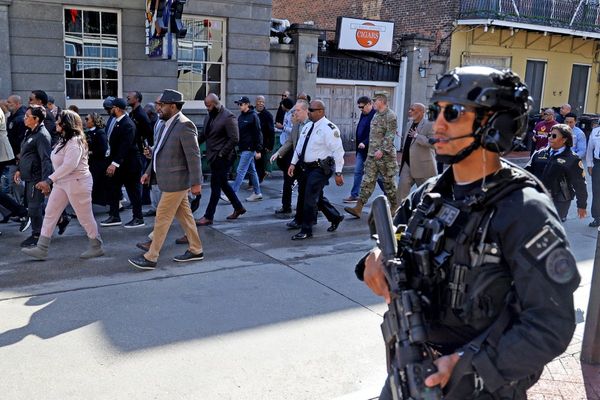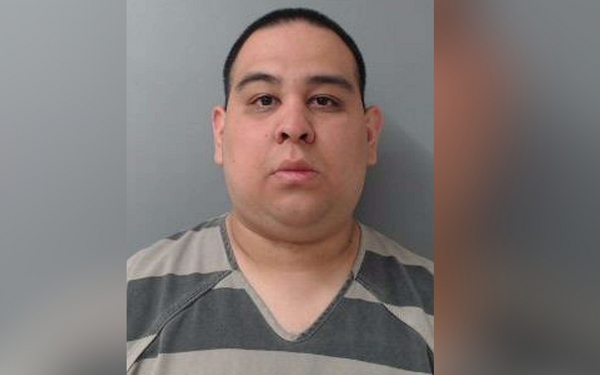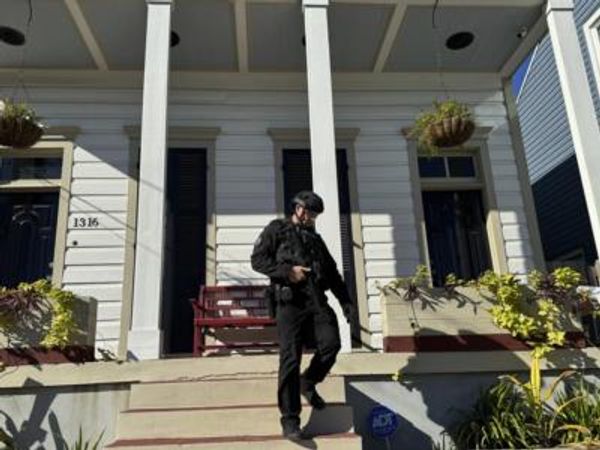
The 2019 law has been highly criticised as it proposed to grant Indian citizenship to non-Muslim migrants belonging to Hindu, Sikh, Buddhist, Christian, Jain, and Parsi communities from Pakistan, Bangladesh and Afghanistan but, not the Muslims.
Solicitor General Tushar Mehta, appearing for the Centre, told the bench that several issues have been raised in the petitions filed before the top court. "Our reply is filed so far as some amendments and challenge is concerned. In some of the matters, our reply is yet to be filed," he said adding some time would be required for preparation and also for the hearing the matter.
The bench directed Solicitor General's office to prepare a complete list of matters which shall be put in different segments. "The Union of India shall thereafter file its appropriate responses with respect to these segments of challenges," the bench said, adding, "Let the needful in that behalf be done within four weeks from today."
The bench noted that its attention has been invited to the apex court's January 22, 2020 order, in terms of which matters coming from Assam and North-East were already directed to be segregated. "List these matters before the court for direction on October 31," it said, adding, "In the meantime, let notices be issued in all fresh matters wherever notice uptil now has not been issued by this court."
"Put the house in order and take it that we will be making a reference to a three-judge combination," the bench orally observed.
Several other petitions have been filed challenging the constitutional validity of the amended law, including by RJD leader Manoj Jha, Trinamool Congress MP Mahua Moitra, and AIMIM leader Asaduddin Owaisi.
Muslim body Jamiat Ulama-i-Hind, All Assam Students Union (AASU), Peace Party, CPI, NGO 'Rihai Manch', advocate M L Sharma, and law students have also approached the apex court challenging the Act.







